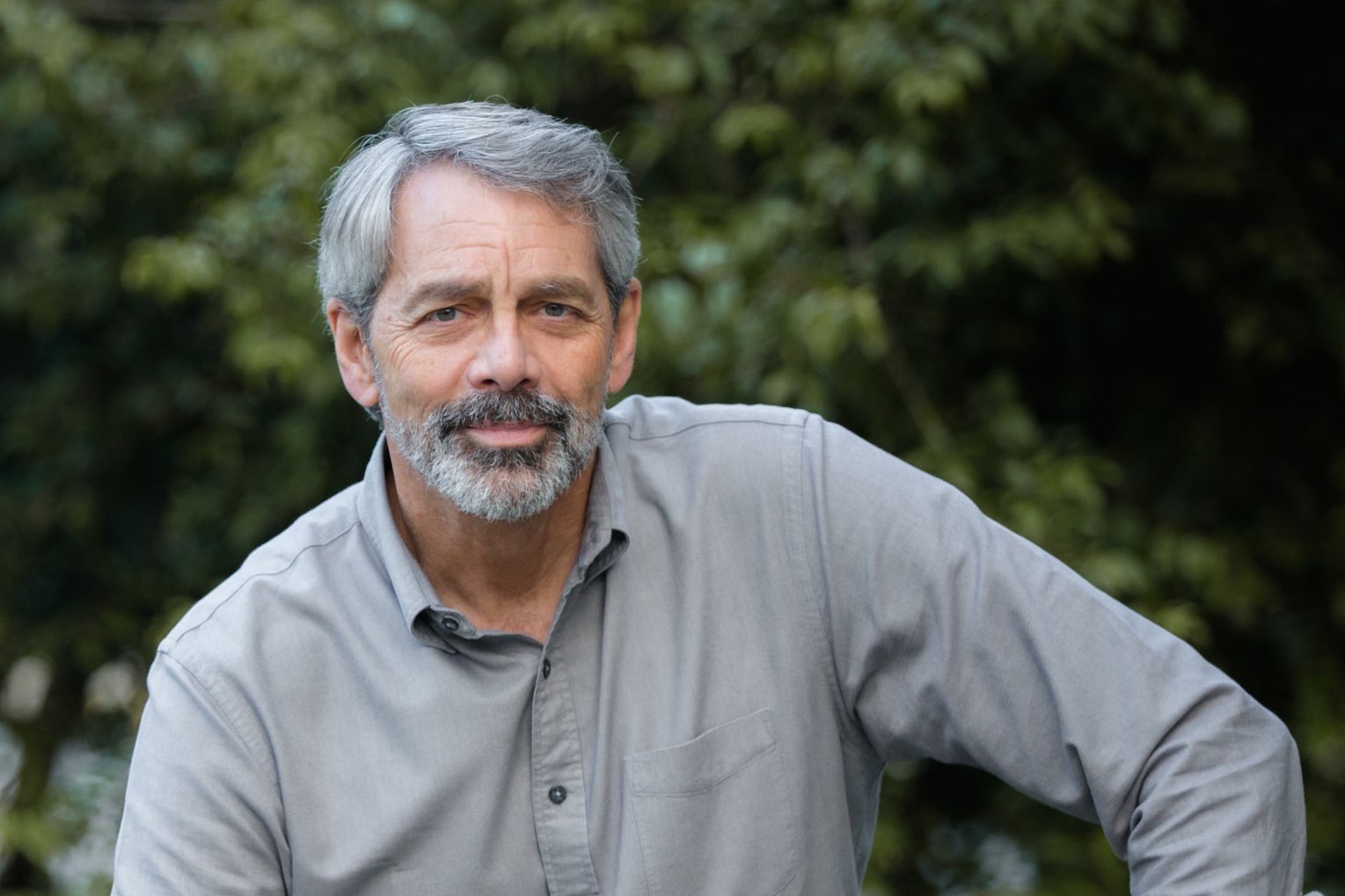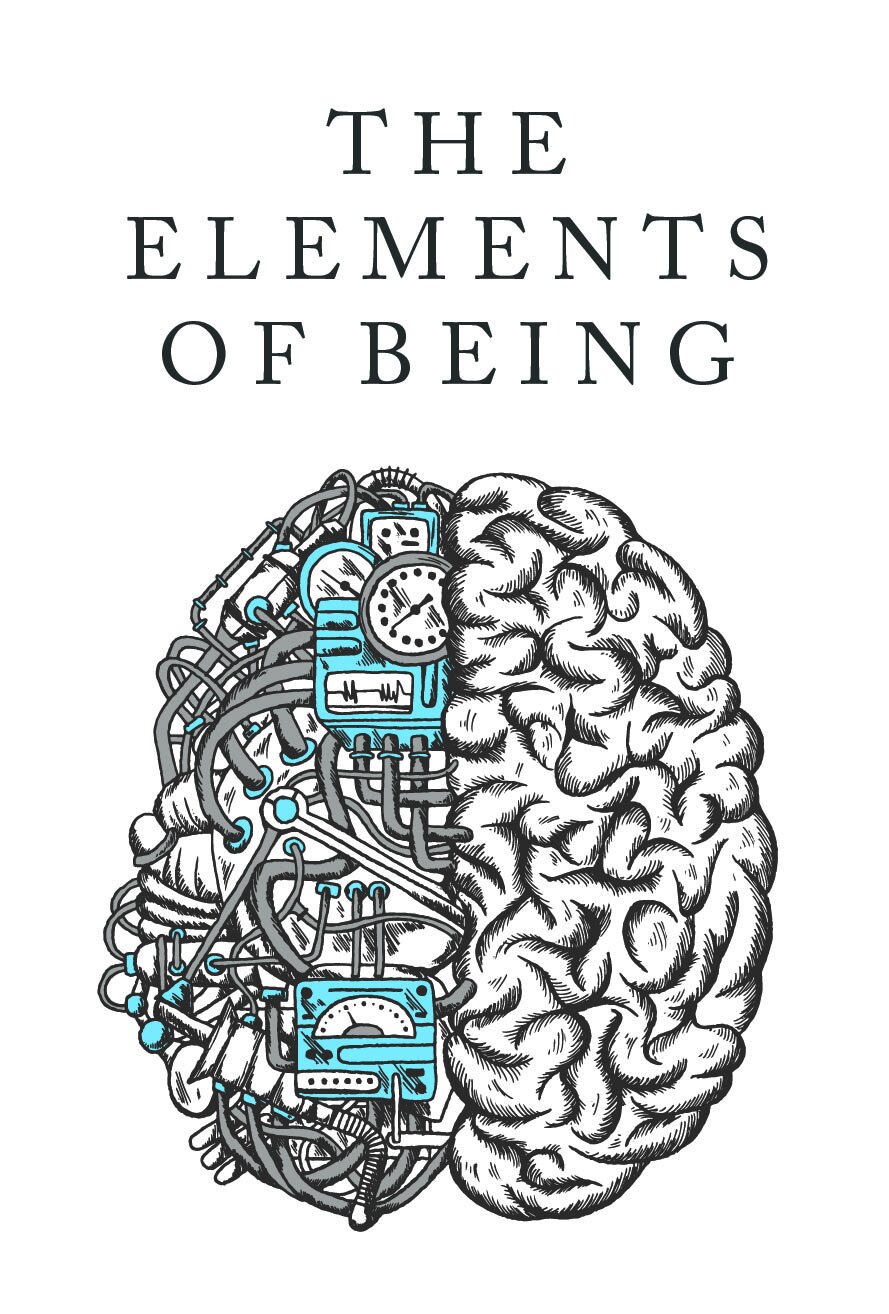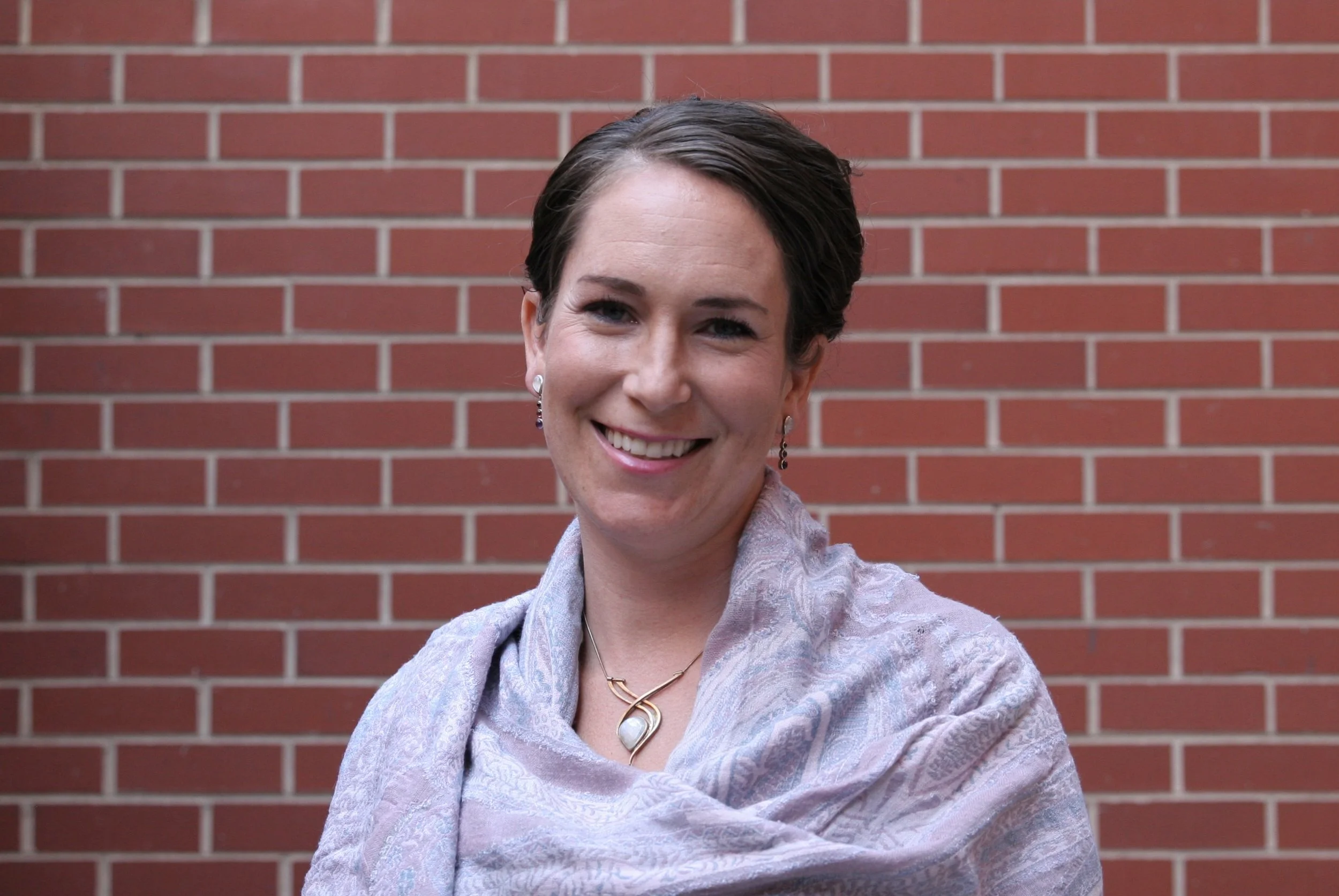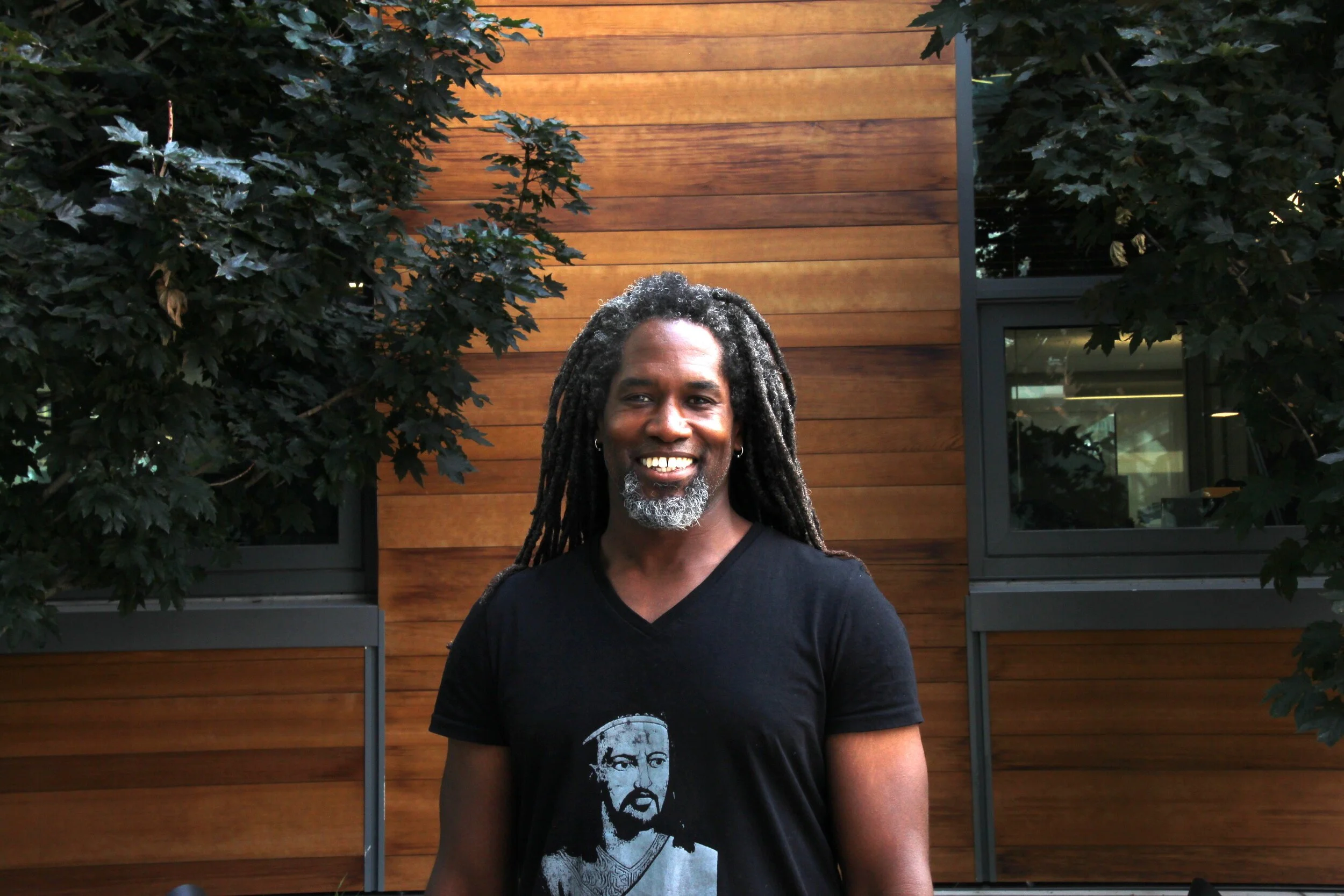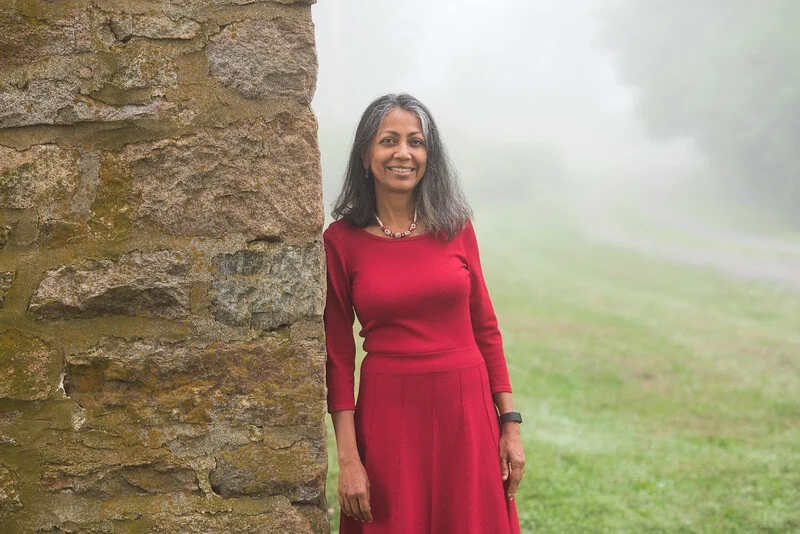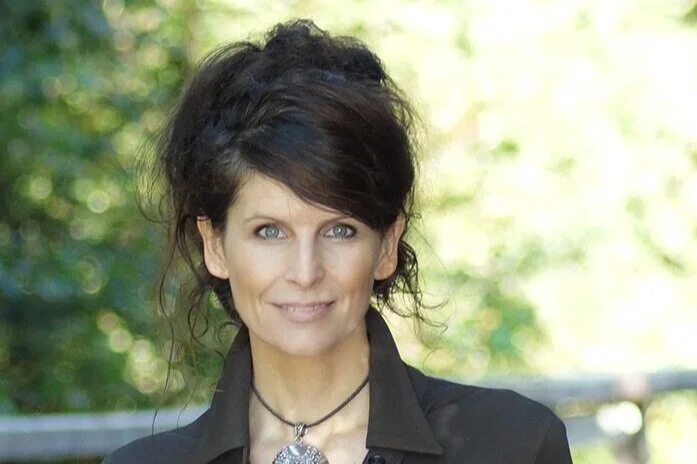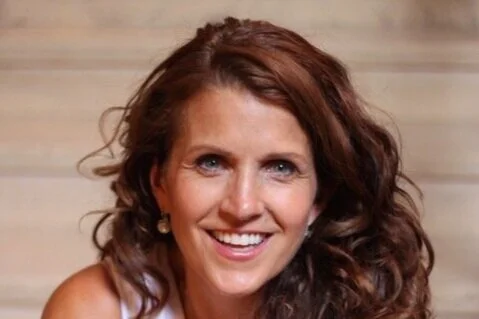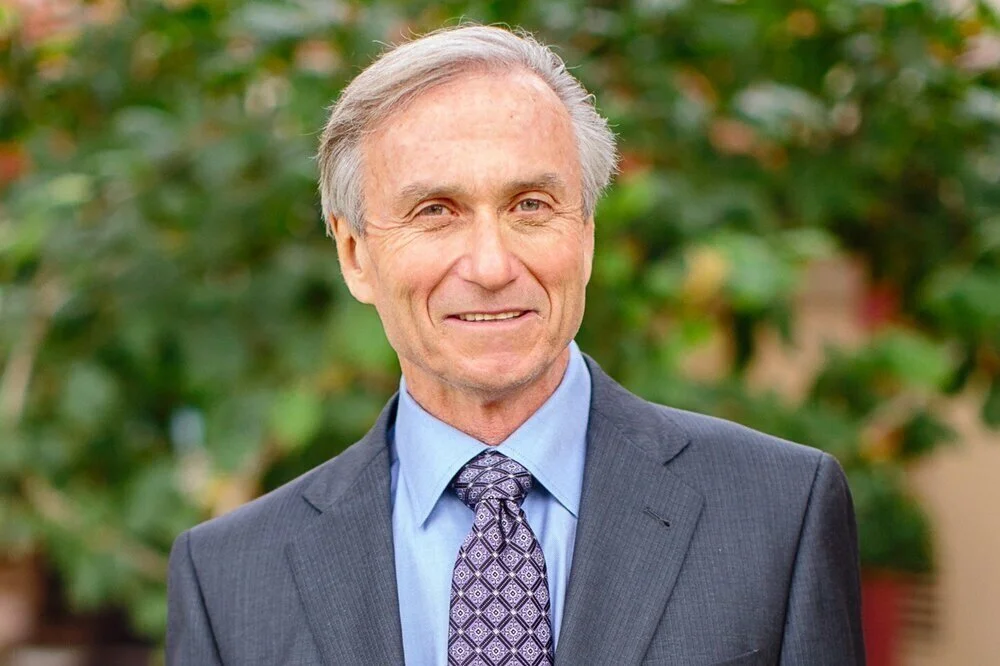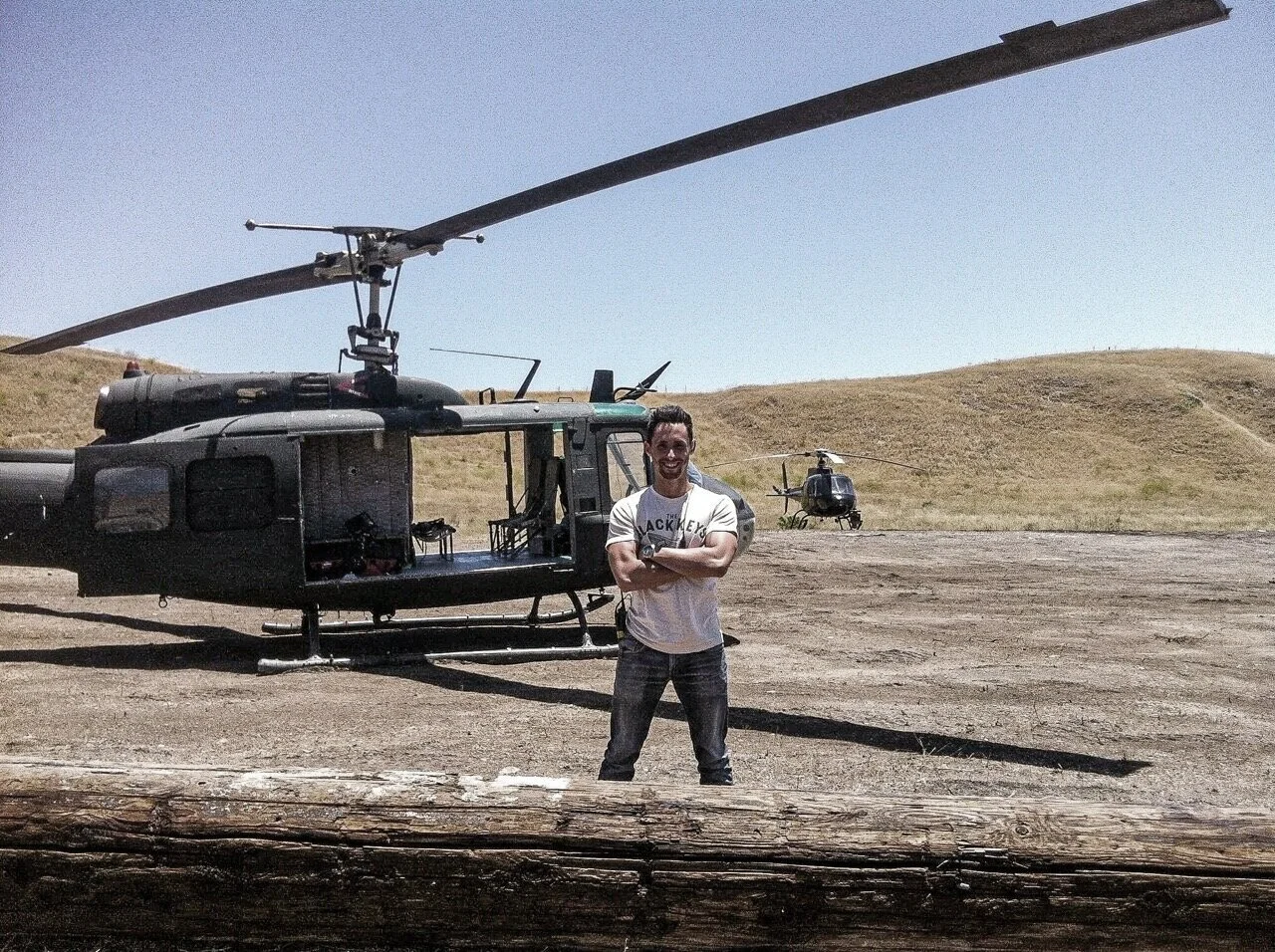IN THIS PODCAST EPISODE
Considering our current COVID-19 pandemic, I felt it was an appropriate time to explore the individual and collective experiences of trauma with psychologist Dr. Jennifer Bakalar. In my lifetime, the horrific events of the 9/11 terrorist attacks in the United States left an incredible imprint. No doubt, it was a traumatic experience for the many friends, families, and colleagues who were personally connected to the lives lost. Nearly 20 years later, we are now experiencing another collective experience as a society.
Dr. Bakalar is a licensed psychologist in Washington, DC, where she provides psychotherapy to adults. Her clinical focus centers on the impact of stress, trauma, transition, and loss on psychological and physical health. She uses an integrative approach, which is grounded in contemporary relational, interpersonal, and psychodynamic theories. Dr. Bakalar’s passion for this work stems from her belief in the transformative potential of relationships along with the meaning she finds in supporting her clients to understand themselves more deeply and enrich their connections with others.
To learn more about Dr. Bakalar, visit https://www.dchealthpsychology.com/our-team or her professional page, https://www.jenniferbakalarphd.com/.
PODCAST DISCUSSION
-If some personalities or mindsets are more susceptible to experiencing trauma.
-Whether or not there is an evolutionary benefit to remembering trauma.
-The foundation of trauma-focused treatment within a stage-based model.
-How a person processes traumatic memory and integrates it into their, his, or her broader life story.
-The foundation of collective trauma, and historical examples outside of the current COVID-19 pandemic.
-The point that a crisis evolves into collective memory.
-The difference between the collective and individual memory of trauma.
-The reasons to keep trauma alive in the collective consciousness.
-The often-need to construct the meaning of a crisis collectively.
-The typical long-term consequences of different forms of collective victimization.
-The variables of collective trauma that affect one's experience.
-How collective trauma can serve as a sense of continuity between past, present, and future members of a group and how to be sure it doesn't contribute to a more significant social dysfunction.
MORE “THE ELEMENTS OF BEING” PODCAST EPISODES
